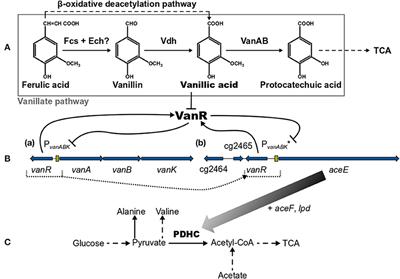EDITORIAL
Published on 08 Jun 2022
Editorial: Engineering Corynebacterium glutamicum Chassis for Synthetic Biology, Biomanufacturing, and Bioremediation
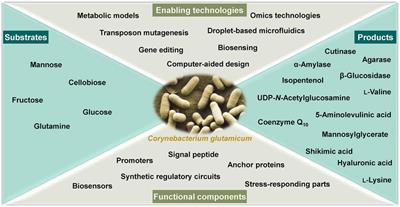
doi 10.3389/fbioe.2022.923145
- 1,925 views
- 1 citation
23k
Total downloads
102k
Total views and downloads
EDITORIAL
Published on 08 Jun 2022

ORIGINAL RESEARCH
Published on 04 Feb 2022
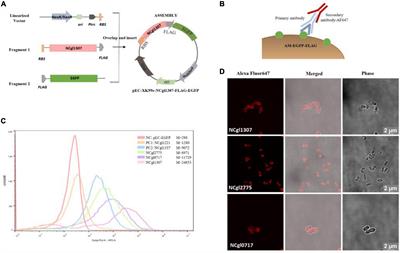
ORIGINAL RESEARCH
Published on 20 Dec 2021
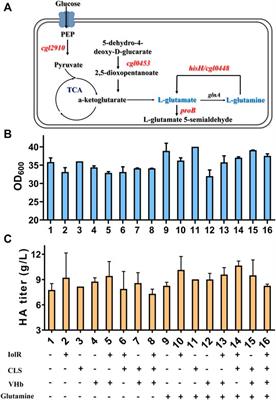
ORIGINAL RESEARCH
Published on 15 Dec 2021
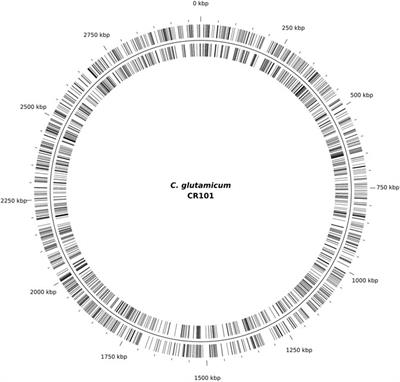
ORIGINAL RESEARCH
Published on 18 Nov 2021
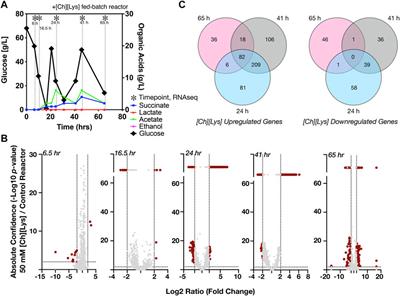
ORIGINAL RESEARCH
Published on 15 Nov 2021
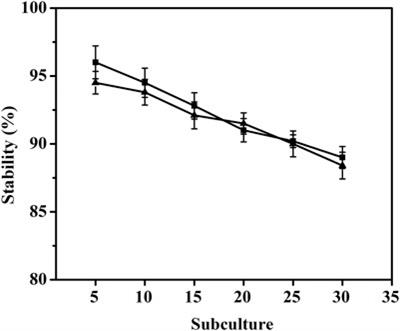
ORIGINAL RESEARCH
Published on 15 Nov 2021

ORIGINAL RESEARCH
Published on 28 Oct 2021
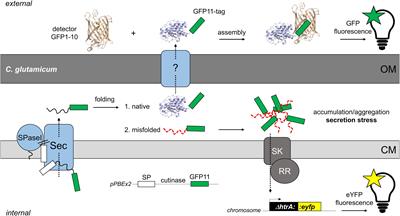
BRIEF RESEARCH REPORT
Published on 15 Oct 2021
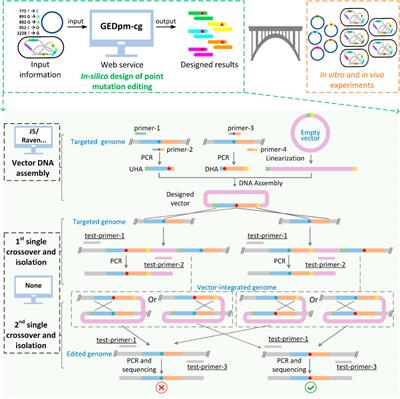
ORIGINAL RESEARCH
Published on 23 Sep 2021
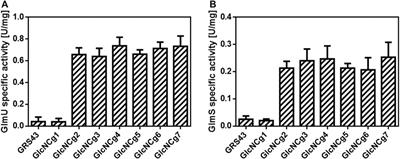
ORIGINAL RESEARCH
Published on 21 Sep 2021

ORIGINAL RESEARCH
Published on 29 Jul 2021
